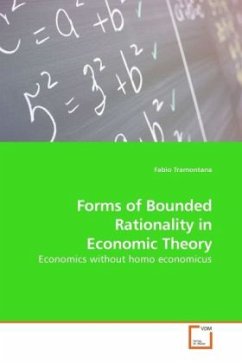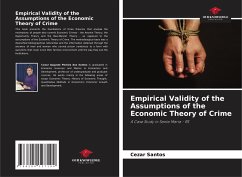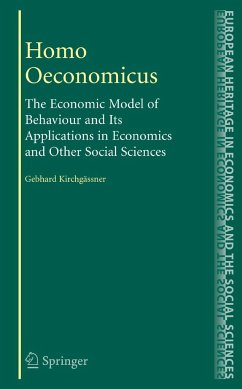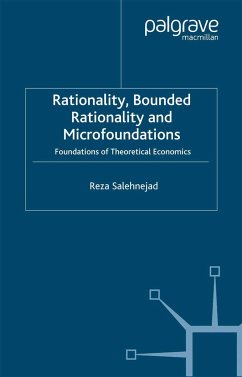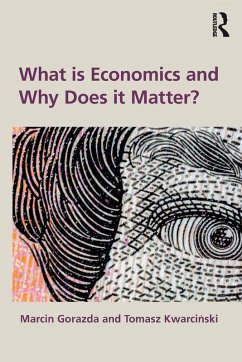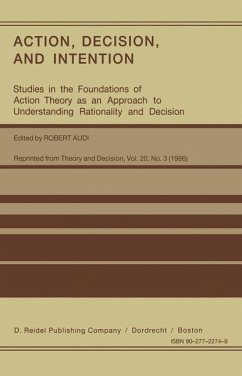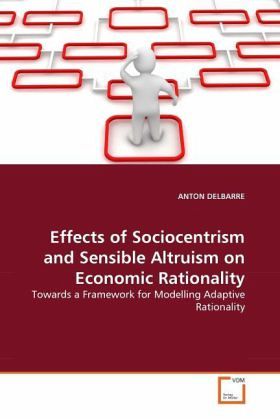
Effects of Sociocentrism and Sensible Altruism on Economic Rationality
Towards a Framework for Modelling Adaptive Rationality
Versandkostenfrei!
Versandfertig in 6-10 Tagen
32,99 €
inkl. MwSt.

PAYBACK Punkte
16 °P sammeln!
There has been a long-standing feud between rationalist' and behaviouralist' schools of economics. The framework presented in this thesis tries to bridge the gap between both these approaches. By refining assumptions concerning rationality through the introduction of multi-step analysis, a reliance on accommodations' instead of axioms' and concepts like sociocentrism' and altruism', the adaptive rationality framework' aims to better accommodate for several of the existing disconnects between the theory and practice of economic rationality. The basic goal of this new framework is to expand the ...
There has been a long-standing feud between rationalist' and behaviouralist' schools of economics. The framework presented in this thesis tries to bridge the gap between both these approaches. By refining assumptions concerning rationality through the introduction of multi-step analysis, a reliance on accommodations' instead of axioms' and concepts like sociocentrism' and altruism', the adaptive rationality framework' aims to better accommodate for several of the existing disconnects between the theory and practice of economic rationality. The basic goal of this new framework is to expand the existing rationalistic' framework on decision-making so as to ease the integration of findings from experimental and behavioural economics by making the process of modelling rational behaviour' more flexible and adaptive.



